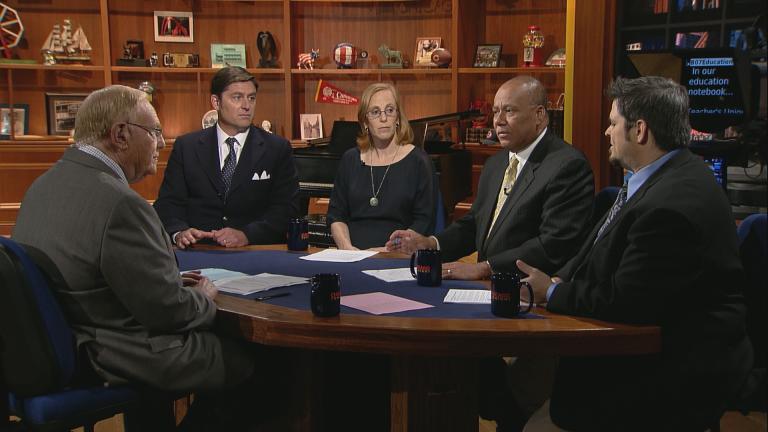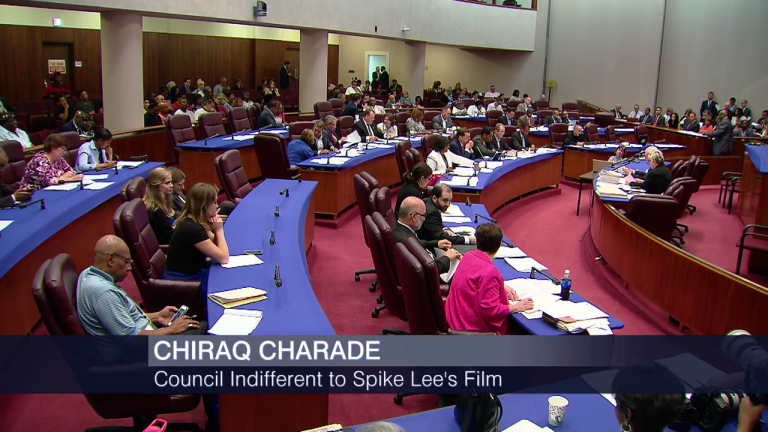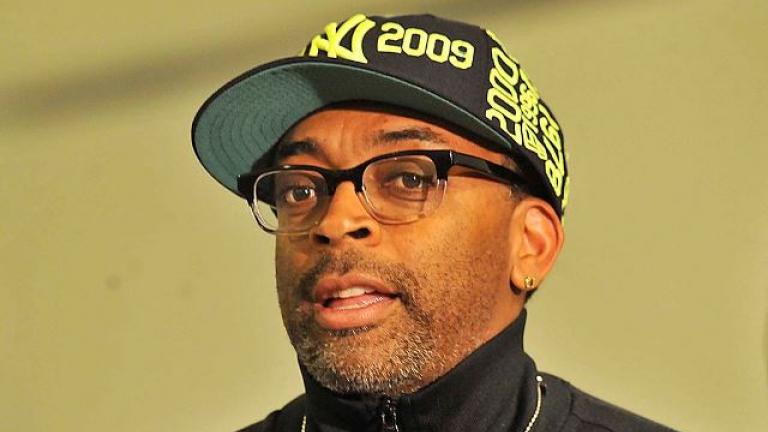Filming for Spike Lee’s new film Chi-Raq has wrapped up, but the debate over the film’s working title rages on. Next week, the City Council is expected to hold hearings on the film's controversial moniker.
Watch the video: Carol Marin leads a discussion with Ald. Will Burns, Chicago Sun-Times columnist and author John W. Fountain, and Che Rhymefest Smith, a local activist and rapper, about the debate over the film’s title, the many issues surrounding the word, and what impact the movie will have on the city and the communities that face gun violence on a daily basis.
Voice your own opinion: Take our poll.
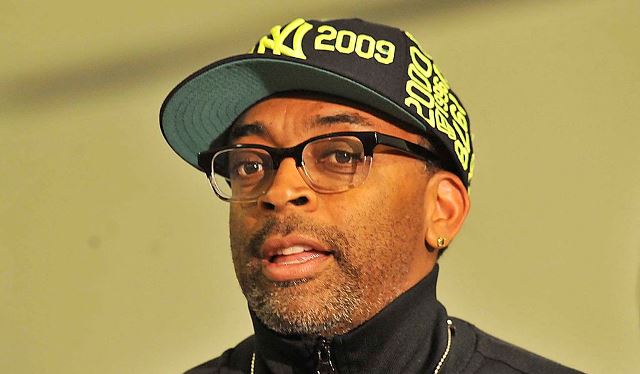
Local filmmaker sounds off
Spike Lee’s new film Chi-Raq is an anti-violence comedy based on the ancient Greek tale, Lysistrata, in which women withhold sex from their husbands until they agree to stop the violence and end a war.
While controversy over the film’s title has made local and national headlines, it’s not the first production to use that title and also be shot in Chicago, according to Reel Chicago publisher Ruth L. Ratny, who’s been chronicling the film industry for more than 30 years and is an award-winning filmmaker with two features currently in development.
Earlier this year, a TV series titled Chiraq was filmed in Englewood by a local African-American producer. The show highlights gang rivalry and, according to Ratny, its title did not generate public opposition.
“I think Spike is a very famous and very honored film director, and if he names something, it’s going to get a lot of attention,” she said, adding that Lee could have filmed the movie anywhere. “It’s an anti-violence film. What suggests violence more than Chicago? It’s true. We can’t hide it, we can’t cover it up.”
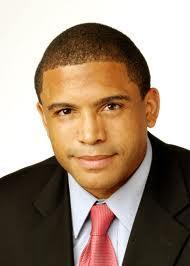 Ald. Will Burns (4th Ward)
Ald. Will Burns (4th Ward) pushed to have Lee change the title of his film and also proposed an ordinance to the Chicago City Council to deny Lee’s application for a tax credit on his film. Burns has said the name would negatively impact tourism and the economy in Chicago.
Ald. Will Burns (4th Ward)
Ald. Will Burns (4th Ward) pushed to have Lee change the title of his film and also proposed an ordinance to the Chicago City Council to deny Lee’s application for a tax credit on his film. Burns has said the name would negatively impact tourism and the economy in Chicago.
Ratny disagrees, saying that the South Side is a “danger zone,” and if the local economy was already in disrepair, an anti-violence movie would neither “further denigrate it [nor] improve it.”
Chi-Raq’s filming has been an economic benefit to the city, Ratny maintains. With a $15 million budget, Ratny said approximately 2.5 times that amount will have been spent on local hotels, restaurants, rentals, bars, cabs, costumes, etc. And that amount doesn’t take into account tax revenues, which Ratny said rise when there’s local filming.
While Burns’ call for the denial of the tax credit is largely symbolic, that tax credit has boosted the film industry in Chicago.
“That has brought us a lot business,” Ratny said. “That tax credit is incredibly important. We are one of the few states that have a diversity clause,” which requires the use of minorities.
There are more than 18,000 people who work in the film industry statewide, and if that tax credit—which is a casualty of the budget standoff between the governor and legislators—were to disappear, it would “decimate” the local film industry, Ratny said.
Chi-Raq will be Amazon Studios first original film, which is wonderful news to Ratny.
“I think it’s fabulous,” she said. “Starting this year we will see the greatest explosion of visual media content in the history of the world.”
Amazon’s venture, along with others, into producing and streaming original films and TV series will change the industry, Ratny said.
As for Lee’s film, Ratny said she hopes it is a success and that it encourages him to return to film to Chicago again as well as others.
Spike Lee address controversy
In May, director Spike Lee held a press conference outside St. Sabina Church on the South Side. At the event, Lee said that “Chicago will survive” his take on the city’s violence that has made international headlines. We hear from the controversial director and some victims’ relatives about their support for Lee’s film which was then in preproduction in Chicago.

